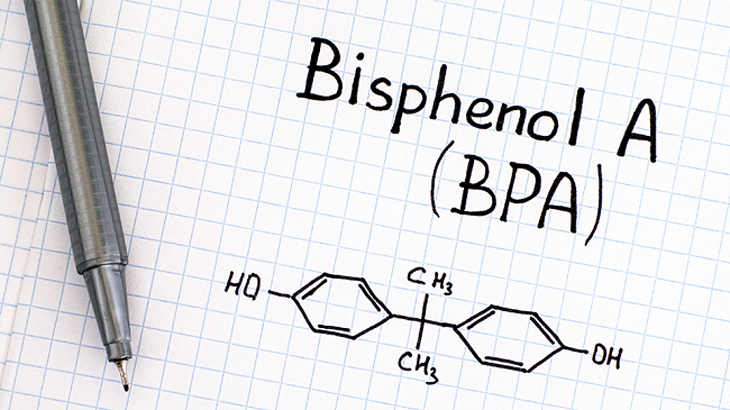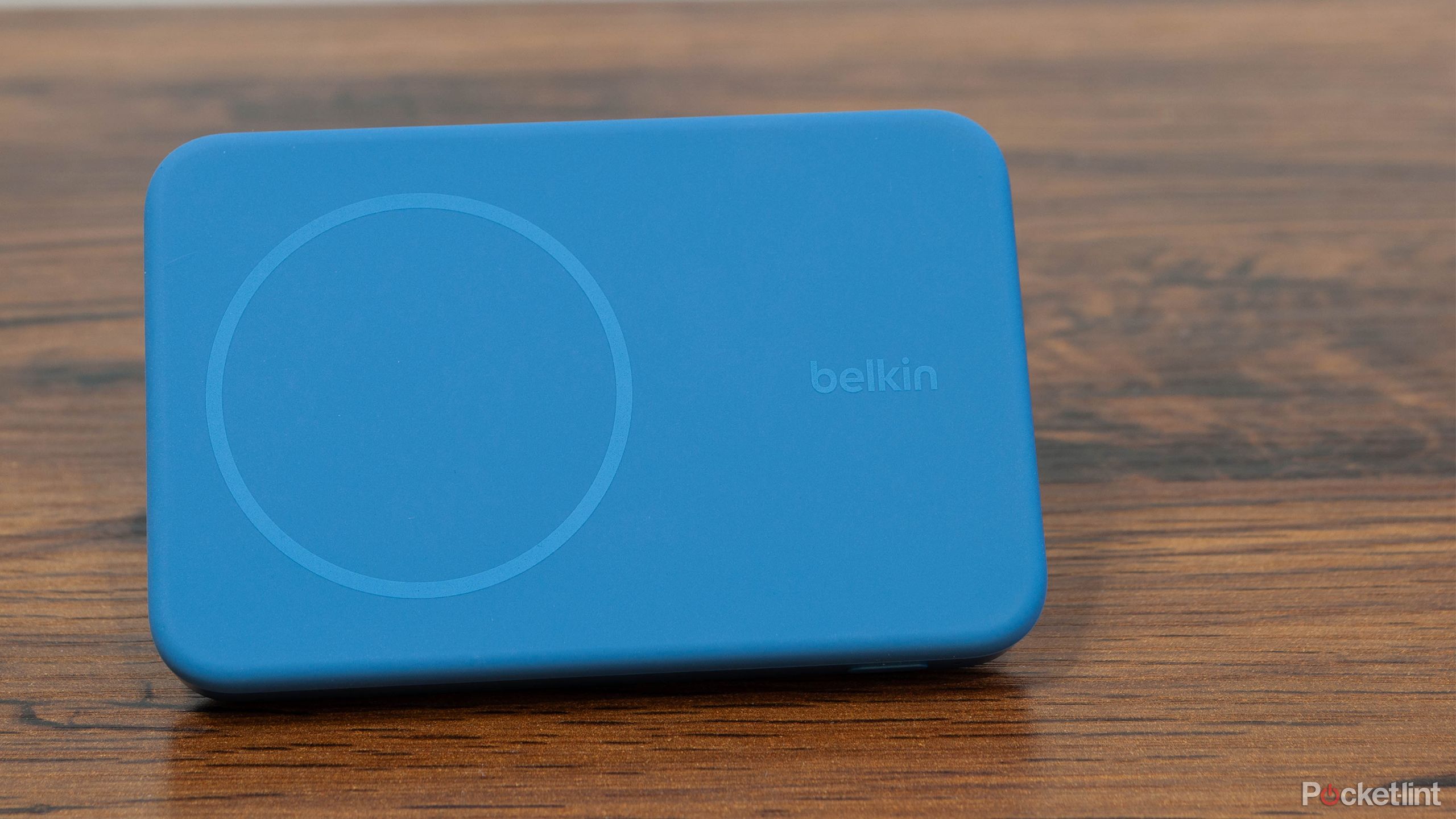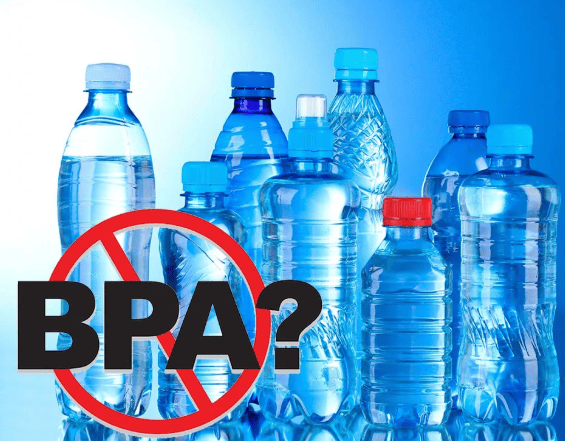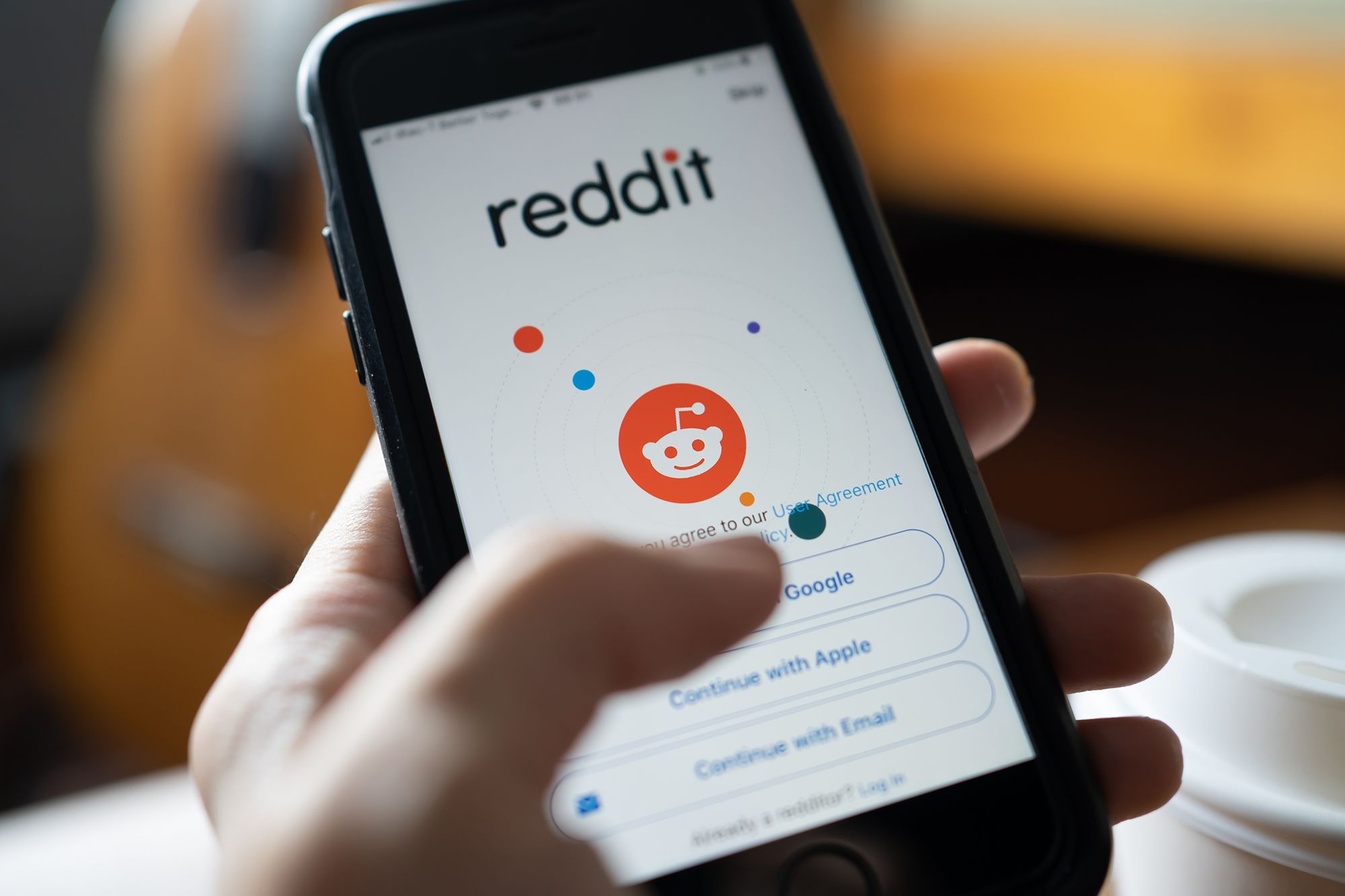Apple, the tech giant that has revolutionized the world of personal devices, has once again found itself at the center of controversy. This time, the source of the uproar is a seemingly innocent accessory — the $100 Belkin BoostCharge Pro Magnetic Charging Power Bank. A product that many Apple users have trusted and used to extend the battery life of their beloved iPhones now carries a shocking warning.
Here's ads banner inside a post

California regulators have mandated that the device, sold through Apple’s official channels, carries a warning about the presence of a chemical compound known as Bisphenol A (BPA). This compound, while commonly found in many consumer products, is notorious for its potentially harmful effects on human health, including its ability to cause birth defects, hormone disruption, and even cancer. The revelation has left many Apple fans wondering: “Should I be worried about this?” Let’s delve deeper into the situation and what it means for consumers.
Here's ads banner inside a post
The Hidden Danger: Bisphenol A (BPA)
BPA is a chemical compound that has been widely used in the production of plastics and resins for decades. It is most commonly found in items such as plastic containers, water bottles, food packaging, and now, unfortunately, even in some of our most cherished tech accessories. The chemical is used primarily to harden plastics, but its downside is alarming. BPA is known to mimic the body’s hormones, particularly estrogen, which can lead to serious health issues, including reproductive problems, developmental delays in children, and an increased risk of cancer.

The warning on the Belkin BoostCharge Pro Magnetic Charging Power Bank comes as part of California’s Proposition 65, a law passed in 1986. Proposition 65 mandates that any product sold in California that contains chemicals known to cause cancer or birth defects must be labeled with a warning. This includes products that might not pose an immediate risk but could be dangerous with prolonged exposure. The problem is that BPA has been linked to various health concerns after even brief contact, especially with repeated exposure.
Here's ads banner inside a post

For instance, a study conducted as recently as 2018 showed that as much as 16–20 percent of BPA could be absorbed through human skin when in contact with products that contain it. With this information, it is no wonder that consumers have become increasingly concerned about the potential effects of everyday items that contain BPA.
A Growing List of Tainted Products
The Belkin BoostCharge Pro Magnetic Charging Power Bank is far from the only consumer product that carries the ominous BPA warning. BPA has made its way into many common household items, including water bottles, food containers, receipts, plastic packaging, and even clothing. While California requires a warning, it’s important to note that such labeling isn’t standard across the United States. In fact, it’s relatively rare for products in other parts of the country to carry such warnings, which has led to further confusion and concern.

Even within the world of Apple products, BPA and its variants have made their way into accessories such as iPhone cases, charging cords, and other plastic-based products. This has led to a growing debate among users about the safety of the products they trust. One Reddit user raised concerns about finding the ideal iPhone case, only to discover that it contained BPA, prompting a wave of uncertainty: “Should I be worried about this or find another case without that chemical?”
The presence of BPA in consumer products has sparked an intense conversation about the chemical’s potential risks, especially as more studies come to light suggesting that BPA might not be the only dangerous compound lurking in our tech gadgets. Bisphenol S (BPS) and Bisphenol F (BPF), two chemicals designed as replacements for BPA, have also come under scrutiny. Researchers have found that these alternatives behave in nearly identical ways to BPA, raising concerns that they may pose similar health risks.
Regulation Differences Between the US and the Rest of the World
While California has been at the forefront of consumer protection with its Prop 65 regulations, many other countries have taken even stricter measures to protect their citizens from the potential harms of BPA and similar chemicals. For example, the European Union has gone so far as to ban BPA in food packaging aimed at children under the age of three. There is even a push to introduce a complete ban on BPA across the EU, with ongoing debates surrounding its toxicity.
In contrast, the United States has a more relaxed regulatory approach when it comes to BPA. Instead of banning the chemical outright, the country simply requires products to display a warning label if they contain BPA. As a result, many American consumers find themselves unaware of the risks posed by the products they use daily. This stark contrast between US regulations and those of other nations has led to frustration among many who feel that the US is lagging behind in protecting its citizens from known health hazards.

One Reddit user, commenting on the differences in regulation, lamented, “Most countries would ban potential carcinogens, but in America, all you have to do is slap a cancer warning on it.” Such observations have fueled a larger conversation about the balance between corporate interests and public health.
Should Consumers Be Worried?
The million-dollar question remains: should consumers be worried about the presence of BPA in products like the Belkin charger? The answer is not a simple one. California’s Proposition 65 warning is a direct result of the science behind BPA’s potential to cause harm, but it is also worth noting that the levels of exposure in most consumer goods may not pose an immediate, large-scale risk. However, for those who are concerned about long-term exposure, particularly for pregnant women, children, and people with hormone-sensitive health conditions, the warning should not be taken lightly.
Studies have shown that BPA is absorbed more readily by children and pregnant women, making them particularly vulnerable. As such, it’s advisable for individuals in these groups to be cautious about the products they use and the materials they come into contact with. For the average consumer, however, the risk may be much smaller, particularly with products like the Belkin charger, which may only expose users to small amounts of BPA.

Nonetheless, it’s clear that Apple’s decision to sell a product containing a potentially harmful chemical has caused a significant stir. It raises important questions about consumer safety, corporate responsibility, and the adequacy of existing regulations.
The Future of Consumer Products and Public Health
As more research emerges regarding the dangers of BPA and other chemicals, it is likely that consumers will demand more transparency from the companies they support. Apple, as one of the most valuable and influential companies in the world, faces increased pressure to address these concerns and ensure the safety of its products. Whether through clearer labeling, reformulation of its accessories, or a shift towards safer alternatives, Apple and other tech giants may soon be forced to reconsider the materials they use in the production of consumer electronics.
For now, the Belkin BoostCharge Pro Magnetic Charging Power Bank serves as a wake-up call to consumers who may not have considered the chemical composition of the devices they rely on. As more products carry warnings about BPA, it is crucial for consumers to stay informed and make educated choices about the products they purchase.

In the coming years, we may very well see a shift toward safer, more sustainable materials in consumer electronics, as public pressure mounts on companies to prioritize the health and safety of their customers over profits. Until then, it is up to individuals to decide how much risk they are willing to take on in exchange for the convenience of their favorite tech gadgets.


